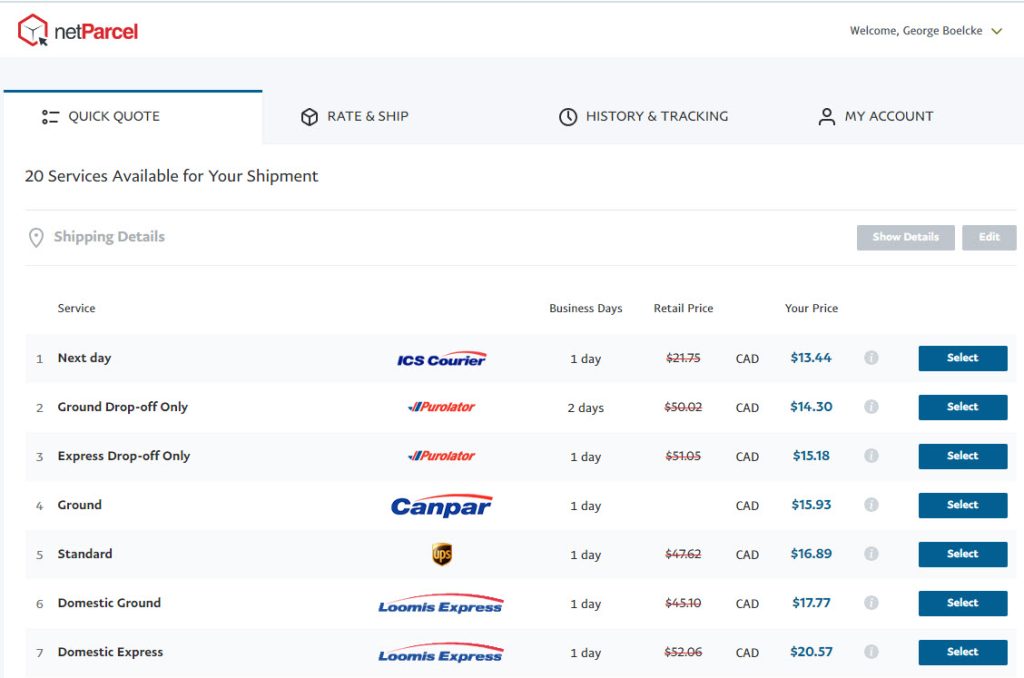Ford F150 Lightning: Last year we talked about the new electric vehicle (EV) that had a massive amount of pre-orders. Well, fast forward to the fall and it appears the novelty and excitement have worn off. I have to admit, EVs still aren’t ready for prime time or trustworthy use – and probably won’t be for at least five years or so.
One of the stories on the all electric F150 is on youtube from CBC TV. It’s a short three minute nightmare story of a family from Winnipeg wanting to just drive to Chicago: No charging stations, no range, needing a hotel and eventually renting (yes renting) another vehicle to finish their trip.
That was followed last week by a Marketplace segment (S51 Ep9) testing a Tesla on a simple 400km trip. With a range of 425km that should have been possible. Not even close due to cold weather which, experts say, reduces battery life by around 50%. No, the range advertised isn’t even close to reality in cold weather. But manufacturers aren’t required to do testing and supply range in anything but ‘ideal’ weather. Plus very few charging places and 7 of the 12 they tried didn’t work. Oh, and a huge range of prices to charge an EV. But there’s no chance to shop around when it’s the only one even working and available…
There’s no chance I can afford or justify an EV. That’s a money and spending issue that others may not share. But as EV stocks are tanking and one manufacturer after another is announcing they won’t make targets, it’s clear people are voting with their (not) buying decisions: Range anxiety, no place to recharge, and a good chance you’ll be getting a hotel room to make your daytrip. No thanks…
Three-year cruise: Also last year there was a company marketing a three-year cruise that we talked about. It made for a lot of dreaming and wishing but it was cancelled.
No reports on their pre-sales but the company announced that they were unable to lease a cruise ship. So they did all this without getting a ship booked or optioned first? Gees…But not a surprise as cruising took a big hit during Covid and people were still not willing to get back on the seas in early 2023. This year will be pretty big for the industry. Sadly that’ll translate to very few deals…



